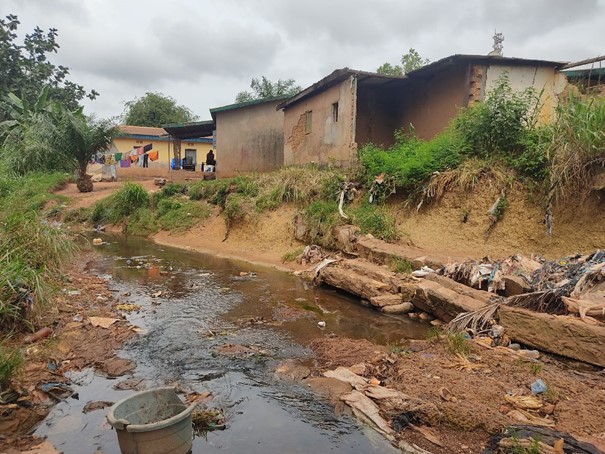
Pre-feasibility study in Central African Republic
Pre-feasibility study: harnessing nature to mitigate the effects of and strengthen community adaptation to climate change in Bangui and 3 secondary towns in Central African Republic
N° 922
📍 Central African Republic
🗓 05/2023 – 03/2024
€ 231.261
Client/Financing : World Bank (WB)
Services
Project Description
Faced with the challenges posed by climate change and the acceleration of extreme phenomena, the Government of the Central African Republic, with the support of the World Bank, is implementing an urban resilience strategy in the city of Bangui and the secondary towns of Bambari, Berberati and Birao. The aim of the Urban Resilience and Inclusive Cities Project (PROVIR) is to improve people’s access to infrastructure and basic services that are more resilient to extreme events, and to strengthen the institutional capacity of project owners as a lever for sustainable development. The project therefore targets investments that combine the mitigation of natural risks with the improvement of the living environment and urban spaces. This involves identifying opportunities to develop shaded public spaces, urban farming areas, green corridors, etc.
Provided services by Urbaconsulting
The project has two complementary components, which are being deployed simultaneously. The tools used are: participatory workshops with the local authorities; exploratory walks and workshops with residents in each district; calculation of the costs/benefits of each Nature-Based Solution (NBS) identified; and the production of ambiance boards enabling the implementation of the development proposal to be projected.
Mission 1, focusing on the Natural Based Solutions:
- Confirm the results of the World Bank’s algorithm by visiting high-potential sites;
- Selection of priority sites, characterisation of sites in order to confirm their interest in the implementation of a strategy to increase the resilience of cities to flooding and extreme heat;
- Identify existing NBSs (urban agriculture, initiatives by residents, residents’ groups or project owners), thereby proving that they can work, and possibly consider strengthening them;
- Propose relevant developments for each area, adapted to the management capacities of the project owners and civil society players;
- Analyse their technical feasibility (at a pre-feasibility stage) and assess the financial cost-benefit of their implementation.
Mission 2, focusing on the identification of neighbourhood development plans:
- Identify a list of structures, facilities or developments in the intervention areas that could enhance a neighbourhood’s level of service.
- This work is based on « local intelligence », given that there is currently no master plan for urban planning, transport, access to water or drainage for the 4 towns targeted by the study.
Would you like to stay informed about our latest news ?
Follow us on LinkedIn !
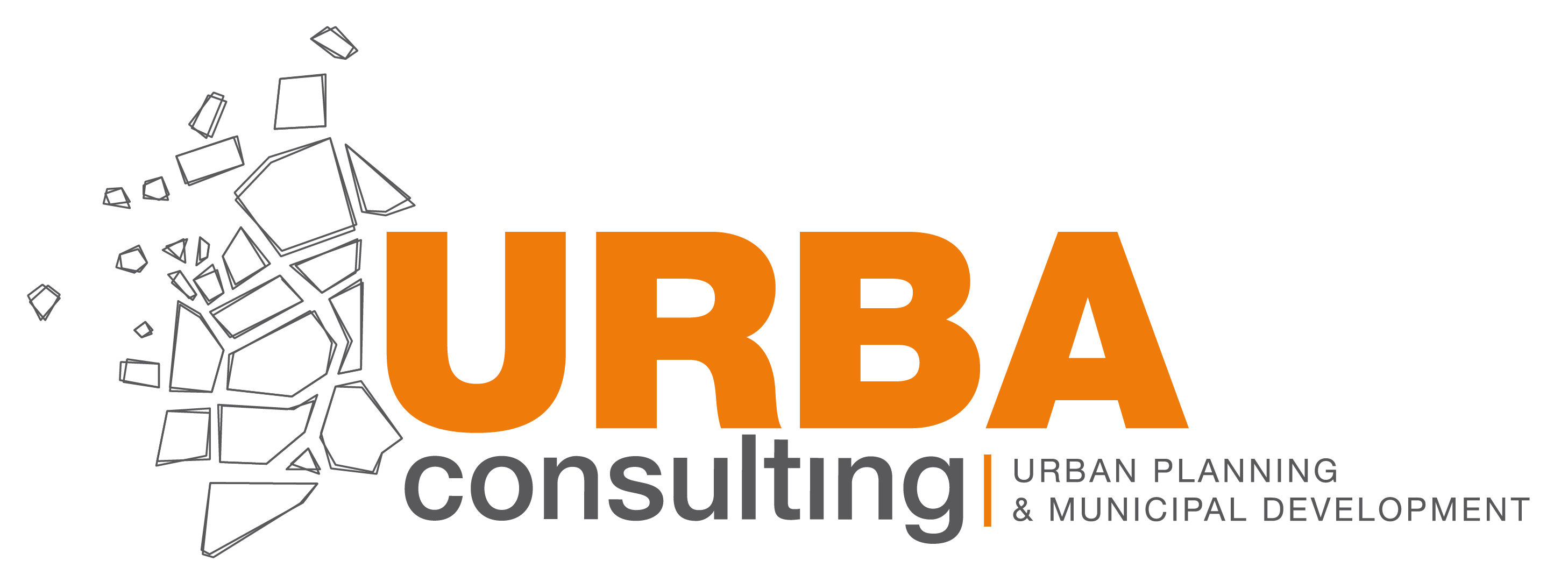
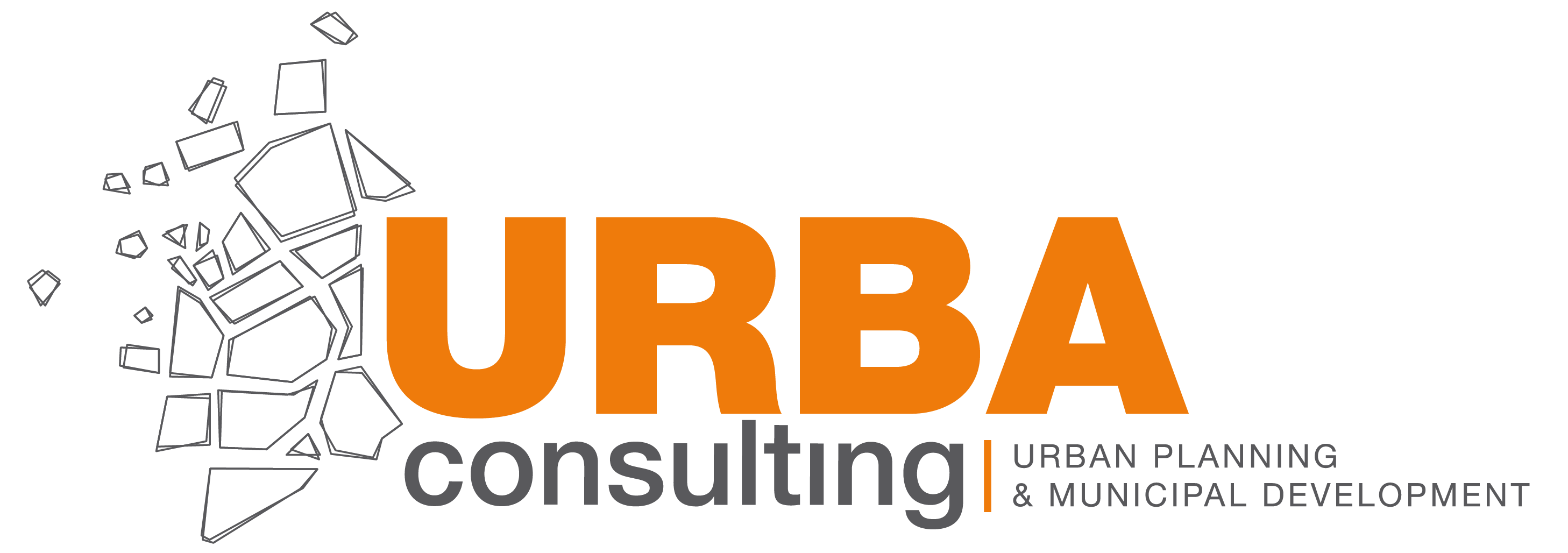

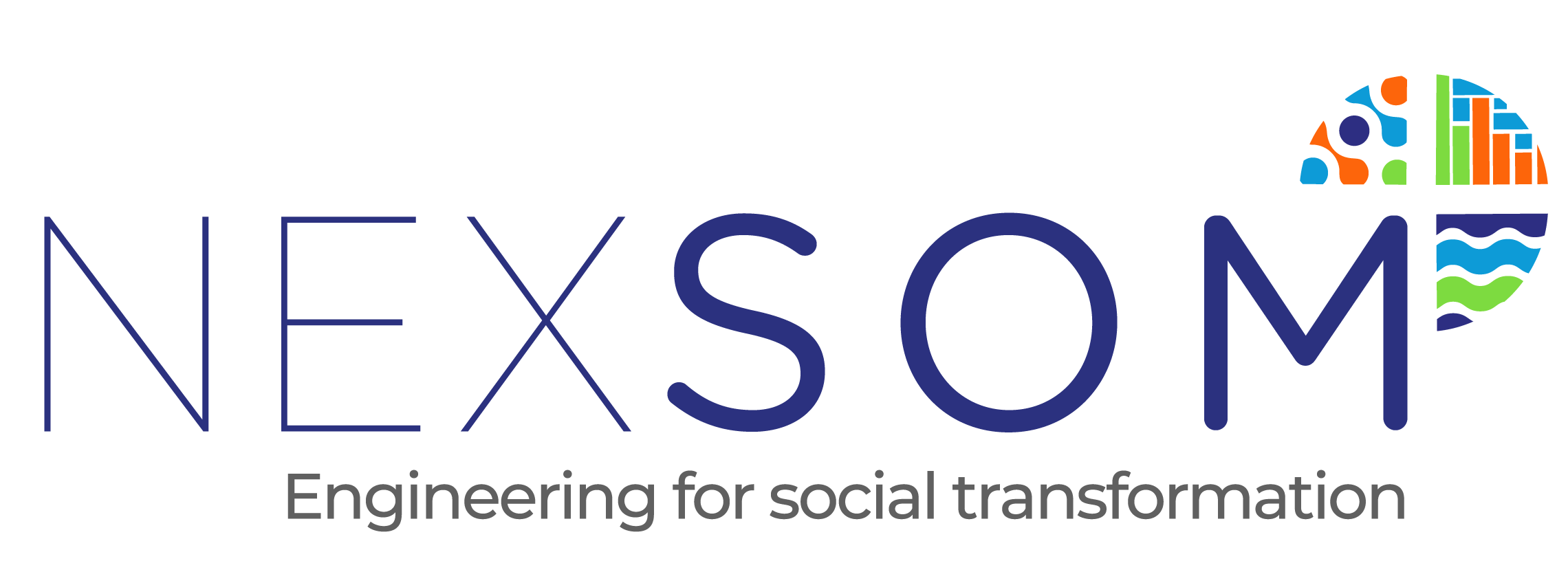
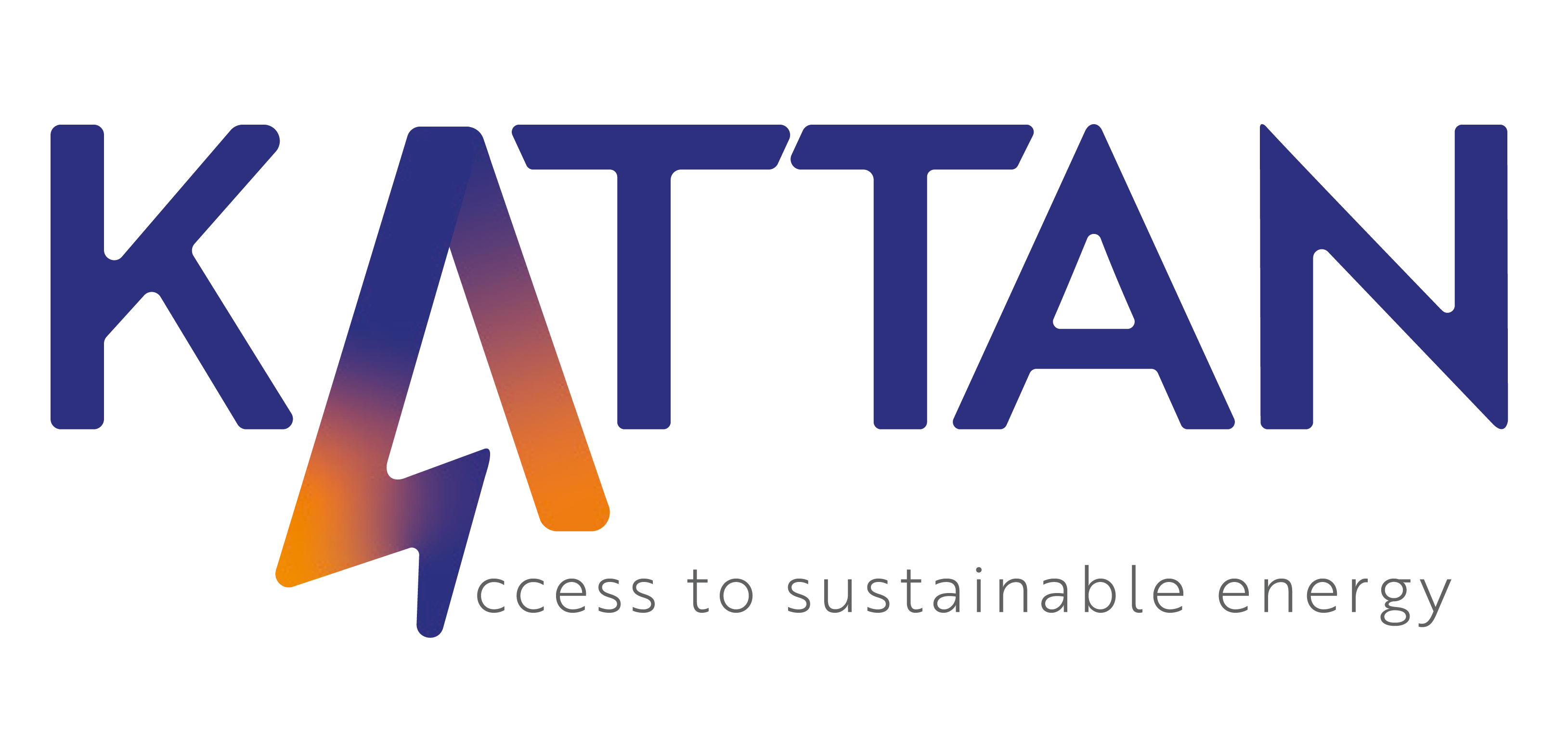

Comments are closed